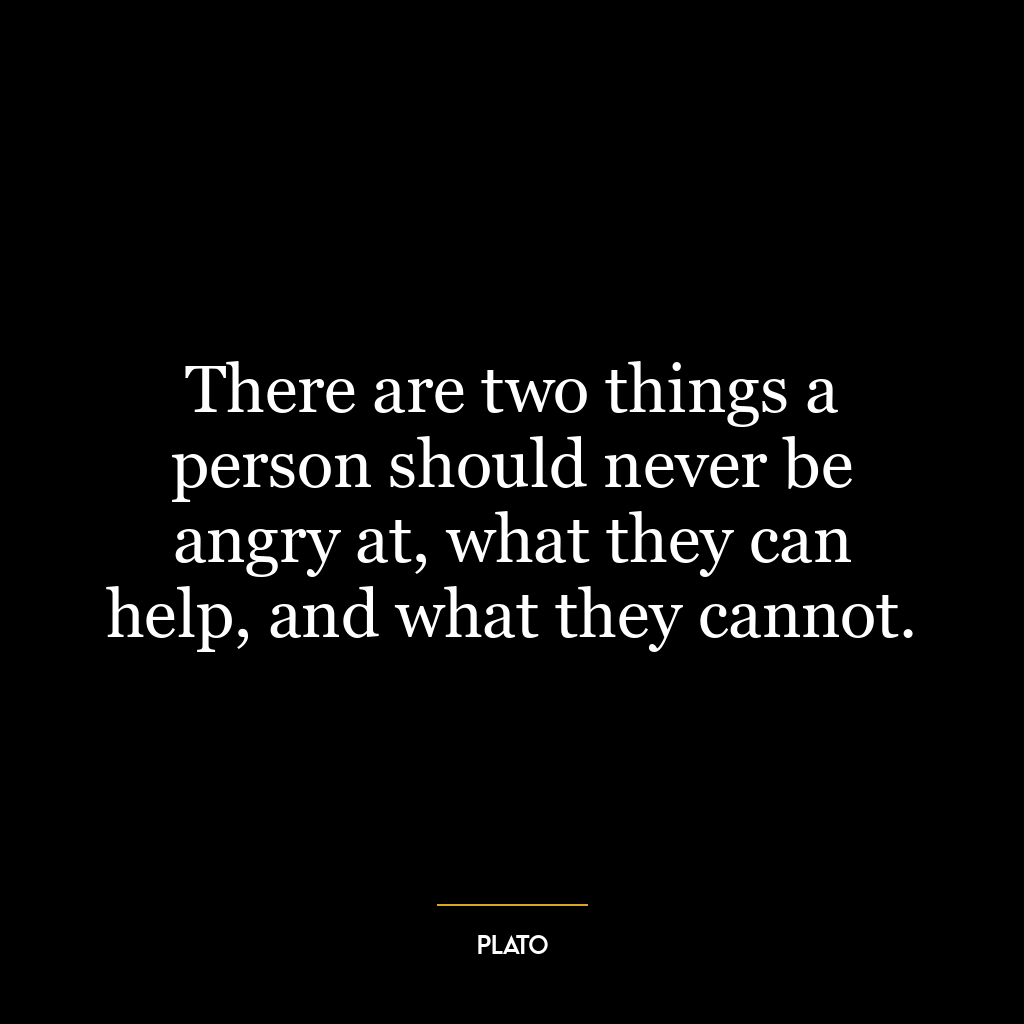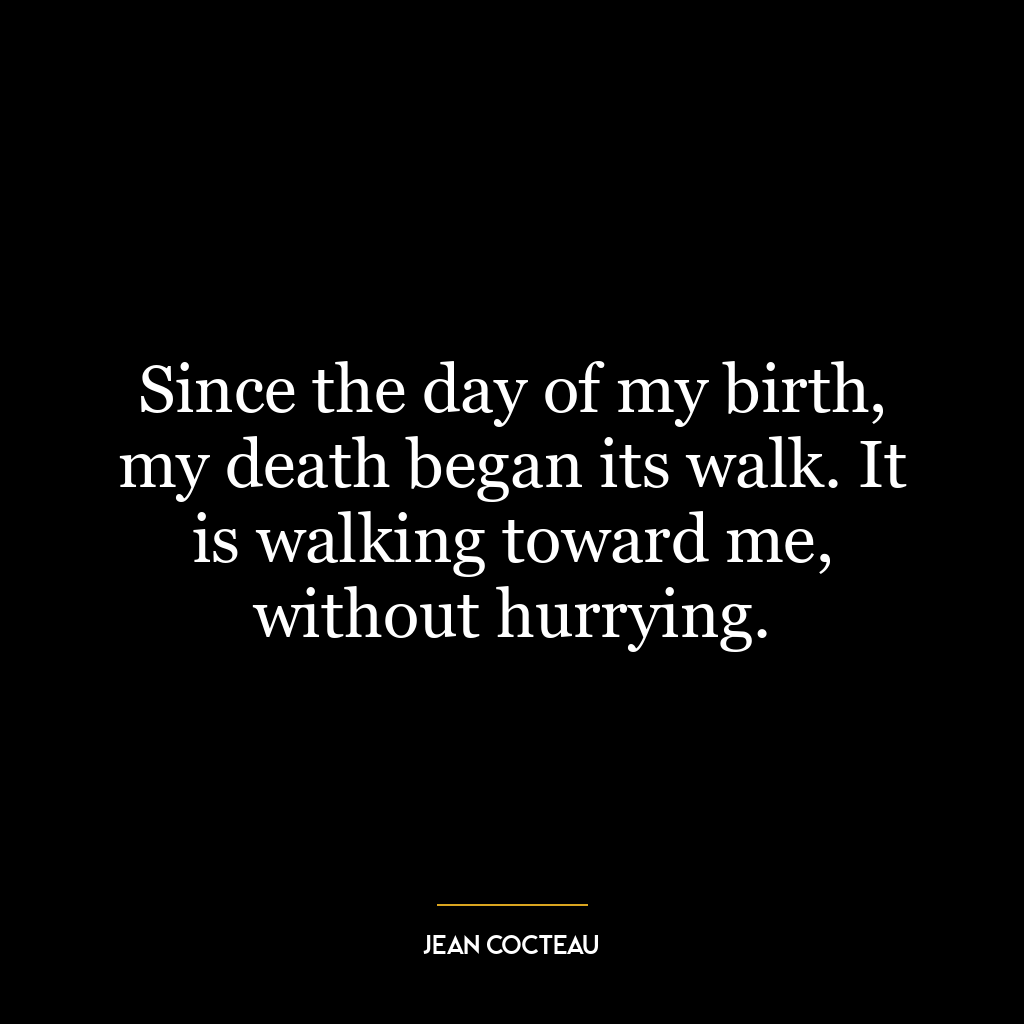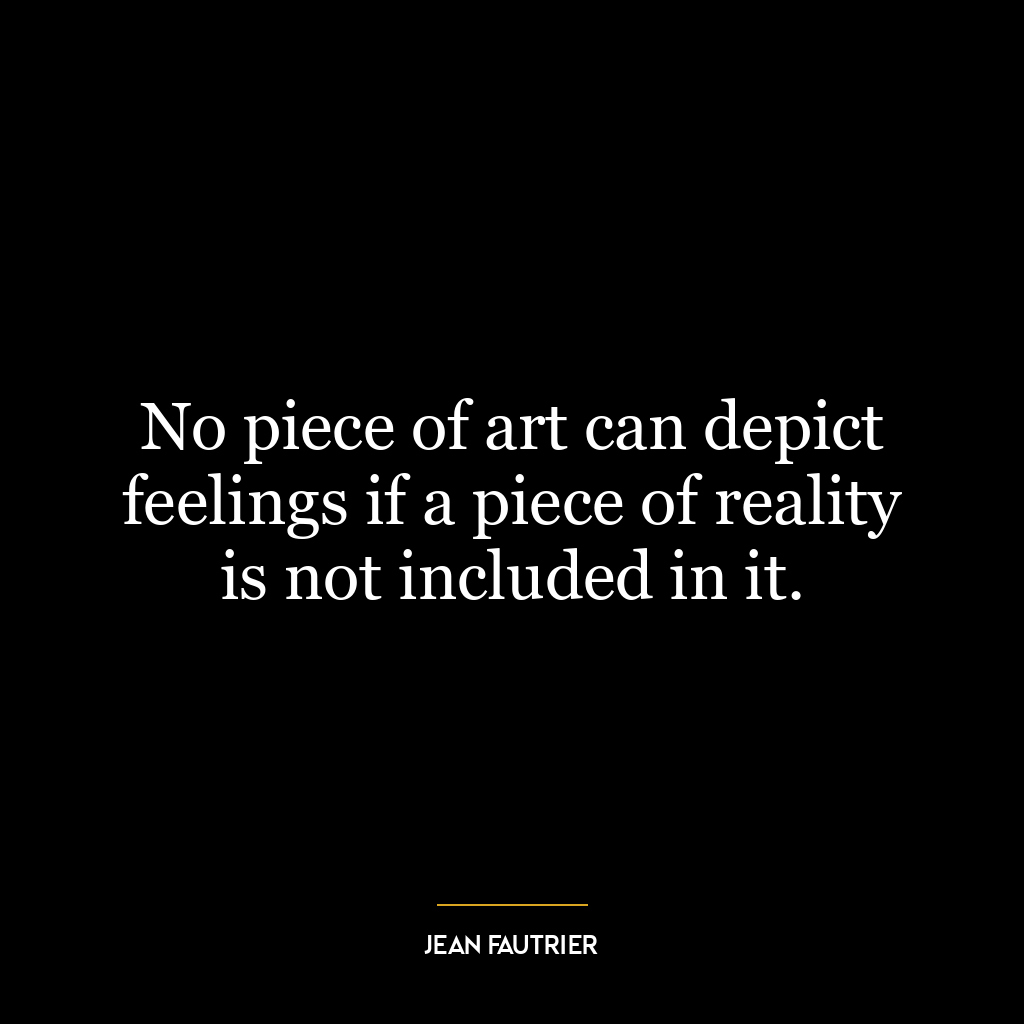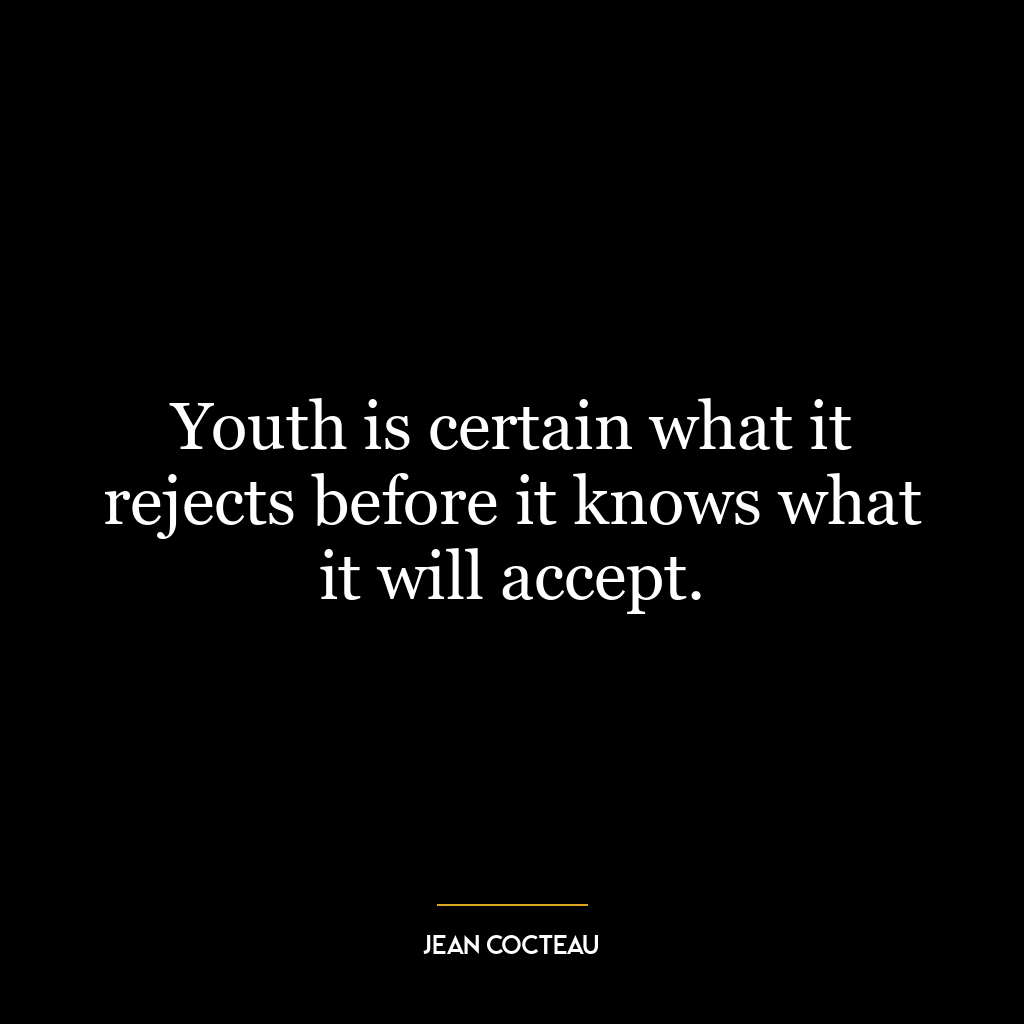There are two things a person should never be angry at, what they can help, and what they cannot.
This quote emphasizes the importance of understanding the nature of control and our emotional reactions to it. The two things mentioned here represent the two extremes of our control spectrum: situations we can change (what they can help) and situations we cannot change (what they cannot).
The first part of the quote implies that if a person can do something about a situation, they should act rather than wasting energy on anger. Anger, in this case, is non-productive and only serves to increase stress and cloud judgment. Instead, the focus should be on proactive problem-solving and taking action to improve the situation.
The second part of the quote deals with situations beyond our control. It suggests that being angry at things we cannot change is futile and unproductive. It only leads to frustration and dissatisfaction as it’s impossible to change the outcome no matter how much anger or energy we devote to it. Acceptance and understanding are the best responses in such scenarios.
In today’s world, this idea is more relevant than ever. We often find ourselves in situations where we either have the power to effect change or are completely powerless. In both scenarios, anger is counterproductive. For example, if we’re unhappy with our job, instead of being angry and frustrated, we can take proactive steps such as improving our skills, communicating our concerns, or even looking for a new job.
On the other hand, if we’re stuck in traffic or if it’s raining on a day we planned a picnic, getting angry won’t change the situation. Acceptance and adaptability are the keys here. We could use the time in traffic to listen to an audiobook or reschedule the picnic for another day.
In terms of personal development, understanding and applying this quote can lead to better emotional management, increased satisfaction, and improved mental health. It encourages us to focus our energy on productive actions and acceptance, leading to a more balanced and content life. It’s about realizing where our control begins and ends, and managing our reactions accordingly.










